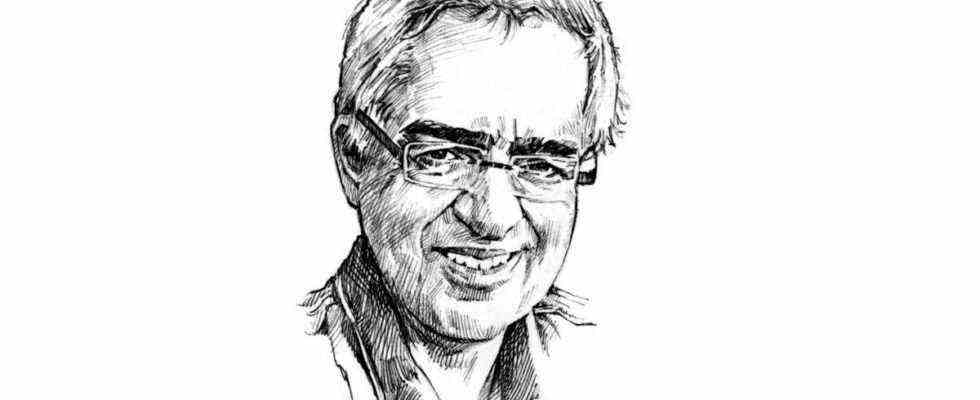It’s been twenty years since the Germans gave up the mark for the euro. The start of the European common currency was accompanied by a great deal of skepticism and distrust among the German public. Some even doubted that the euro would survive at all given the huge differences between the members of the currency union. He survived, but only after a crisis that threatened his existence, which had to be defused by a dramatic promise: the declaration by ECB President Mario Draghi on July 26, 2012 in London that the European Central Bank would do everything necessary (“whatever it takes”) to save the new currency.
Will the euro survive the next 20 years? Most likely yes, if only because the costs of a return to national currencies would be dramatic and impossible for anyone to calculate. But the question is whether these will be good 20 years for Europeans. Or whether, in difficult times that nobody can rule out, the euro will experience turbulence again. Even central bank governors are not often able to make a promise like that in Draghi’s whatever-it-takes speech. The decisive factor will be how well the European Central Bank deals with its contradictions as the guardian of the common currency.
The main problem with the euro remains that the economic power and economic culture of the now 19 participating countries differ too much and that their financial sectors are not sufficiently integrated. Euroland is not an “optimal currency area,” say the skeptics, using a phrase coined by Robert Mundell, winner of the Nobel Prize in Economics. A striking example of this is Greece, where the financial crisis in 2010 triggered a severe euro crisis and which therefore had to subject itself to a brutal restructuring policy in order to avert state bankruptcy. Greece would certainly be better off today if it hadn’t joined the euro in 2001. The price of the restructuring was high, but the years that have followed have shown that Europeans are capable of learning during the crisis. Given this ability to learn, a monetary union can function even if it is not an optimal currency area.
The euro will continue to be subjected to stress tests in the future. For example around the presidential election in France in April. Should there be a shift to the right and should incumbent President Emmanuel Macron lose office, this would probably result in a serious crisis of confidence in the euro. France is a core country of the euro zone. Should Euro-sceptics come to power in Paris, this cannot remain without consequences.
And then there is the issue of inflation. Over the past twenty years, inflation has not been a problem for the ECB. Rather, prices rose too slowly and there was concern about the risk of deflation. Those days are over. In December, prices in the euro zone rose by five percent – in Germany it was probably 5.3 percent – more than at any time since euro statistics have been available. It is true that the price pressure will ease again somewhat in the course of this spring, for example because energy prices are becoming less dynamic. Nevertheless, inflation will be well above the two percent mark that the ECB has set as its target. In fact, in the United States, inflation has risen to an alarming seven percent for the first time in 40 years.
The price increases are caused by production losses due to the corona-related disruption in supply chains, as well as high demand from consumers and governments. The American Federal Reserve was surprised by the development, but will now take the necessary steps. It will pump less money into the economy and will probably raise interest rates three times over the course of the year. The ECB, on the other hand, is taking a different course. The “doves” have a majority on the central bank’s council, ie those countries that don’t see things so closely in the fight against inflation. As things stand at present, the ECB will continue its ultra-loose monetary policy and is not planning any higher interest rates for this year.
This is a risky course, against which the new President of the Deutsche Bundesbank, Joachim Nagel, warned remarkably clearly when he took office. Should the suspicion be confirmed that the European central bank would not take the risk of inflation seriously and would not raise interest rates just to protect the budgets of highly indebted euro countries such as Italy, then the ECB Council would lose confidence and thus also look to the future play of the euro.

